Heed Audio Q-PSU III Special Power Supply for Questar / Quasar / Canalot
The Heed Q-PSU III is a special external power supply compatible with the Heed Canalot, Quasar, Questar MM, Questar MC, and Dactilus.
-
If you're considering the Canalot or the Questar, you can choose between the basic X-PSU or the more advanced Q-PSU III.
-
If you're purchasing the Quasar, the Q-PSU III is not only the only option — it's also the best one.
The enhanced power supply of the Modular Series, the Q-PSU can be used as power supply upgrade with any components in the family. It is based around a 50 VA toroidal transformer with low-density magnetic field and very little dispersion. This power, together with 20,000 µF filtering, can feed the circuit with the kind of super-clean current usually delivered only by battery-based supplies, even with extreme dynamic swings.
Further on, the 3rd version of our Q-PSU has an internal voltage regulator system. By this improvement, all the attached devices leap a huge step forward in terms of noiseless and smooth music representation. Plural it is, because the Q-PSU III has a dual output connector. It can feed a for example Quasar AND a Dactilus at the same time without any problem.
FEATURES
– double, separated supply rails
– smooth, regulated voltage
– generously sized components
– ideal upgrade for many Modular range devices
SPECIFICATIONS
Type: Regulated power supply
Supported devices: Canalot / Dactilus / Quasar / Questar
Dimensions (W x H x D): 9.5 x 7.5 x 22 cm
Heed Audio at a glance
Heed Audio is not just another hi-fi electronics manufacturer with British audio heritage in its DNA — it is a manifesto of authenticity, passion, and independent vision. Founded in Hungary, the brand stands out for its radically human approach to sound reproduction. In a market so often dominated by numbers, measurements, and technological catchphrases, Heed chooses a different path: that of the listening experience as an absolute value.
Every Heed product is designed to serve the music, not the machine. The amplifiers, DACs, and external power supplies are built according to a philosophy that places musicality, tonal coherence, and natural soundstaging at the very centre. There are no gimmicks — just tonal integrity and emotional balance that recall the finest British electronics of the golden era, reimagined with elegance, craftsmanship, and a modern spirit.
And that’s exactly where it all began — with one defining example:
In the 1980s, those who brought home an ION Obelisk experienced something rare and precious: the feeling of having discovered one of hi-fi’s best-kept secrets. It wasn’t a flashy amplifier, nor did it shout its specifications. But from the very first listen, many enthusiasts realised that something extraordinarily musical was happening.
Here’s what it felt like:
-
A sense of wonder: at how such a compact device could drive even demanding speakers with such ease and refinement.
-
Emotion: because the Obelisk didn’t impress through brute power, but through its ability to tell the story of music — with fluidity, dynamic range, and a sense of timing reminiscent of valve amplifiers.
-
Deep satisfaction: the kind that comes from extended listening sessions, free of fatigue, drawn into a sound that keeps you there.
-
A sense of uniqueness: because owning an Obelisk meant making a choice that went against the grain — a commitment to musical substance over passing trends.
In short, those who welcomed such a device into their home discovered an amplifier that didn’t try to dazzle with figures or appearance, but that won them over gradually, listen after listen, by speaking directly to the heart.
And on this front, Heed Audio makes no compromises. It doesn’t follow fashion. It’s not made for everyone. But those who discover it rarely look back. Because listening with Heed isn’t about technical showmanship — it’s about returning to music as a deep, living, and emotionally resonant experience.
If you’re seeking the soul of sound, Heed is a name worthy of your attention — and your respect.
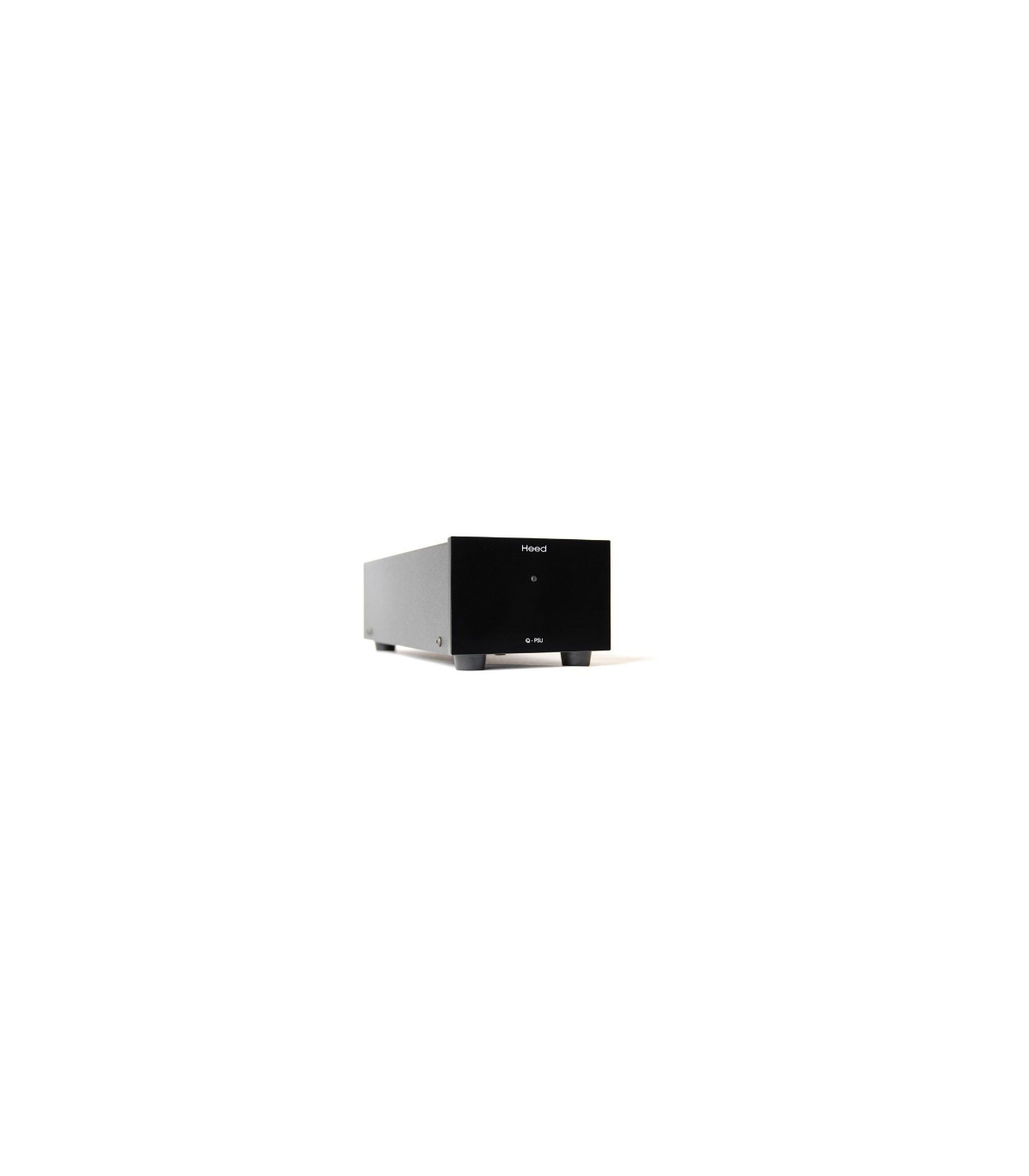

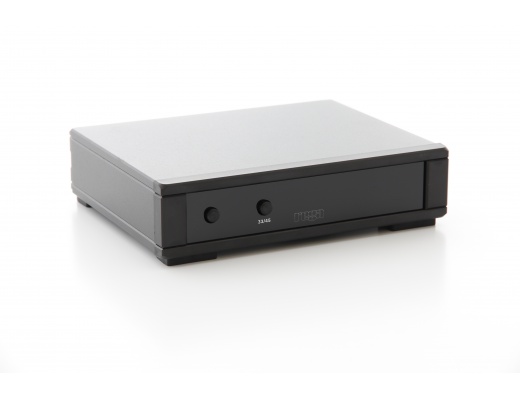

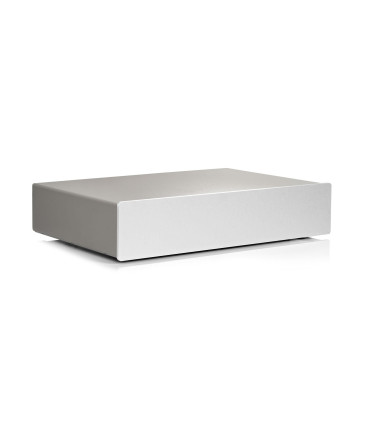

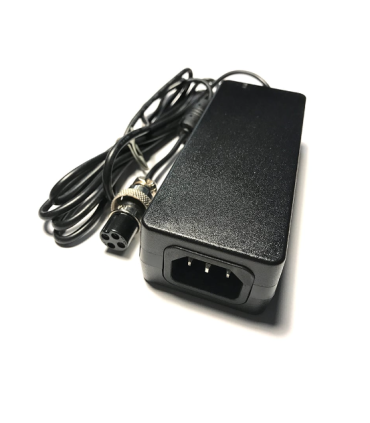
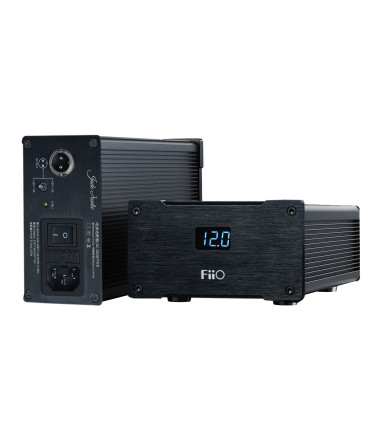
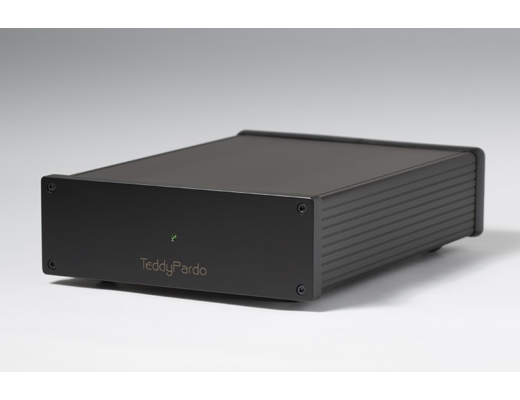
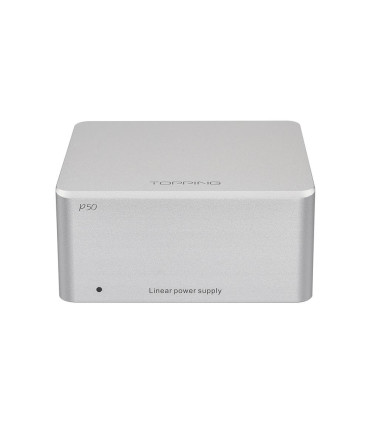
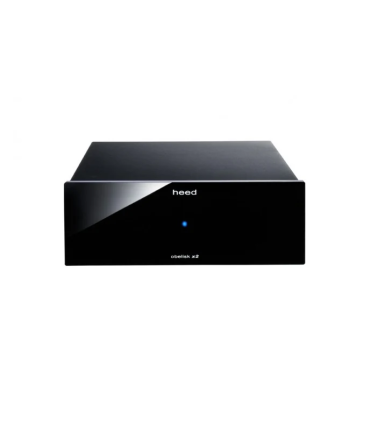
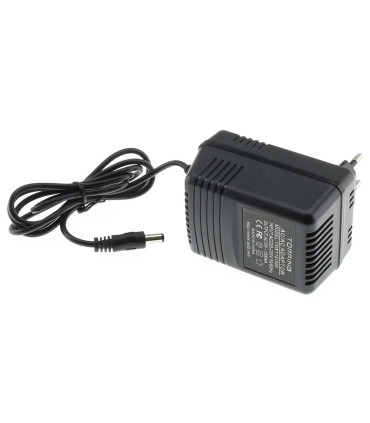
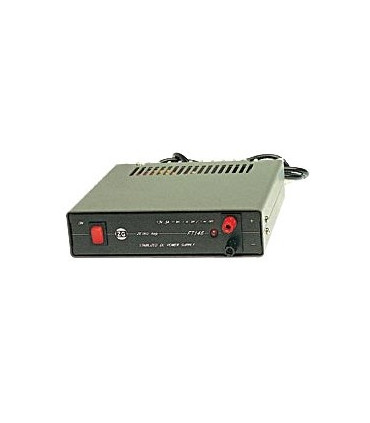

















Leave a review